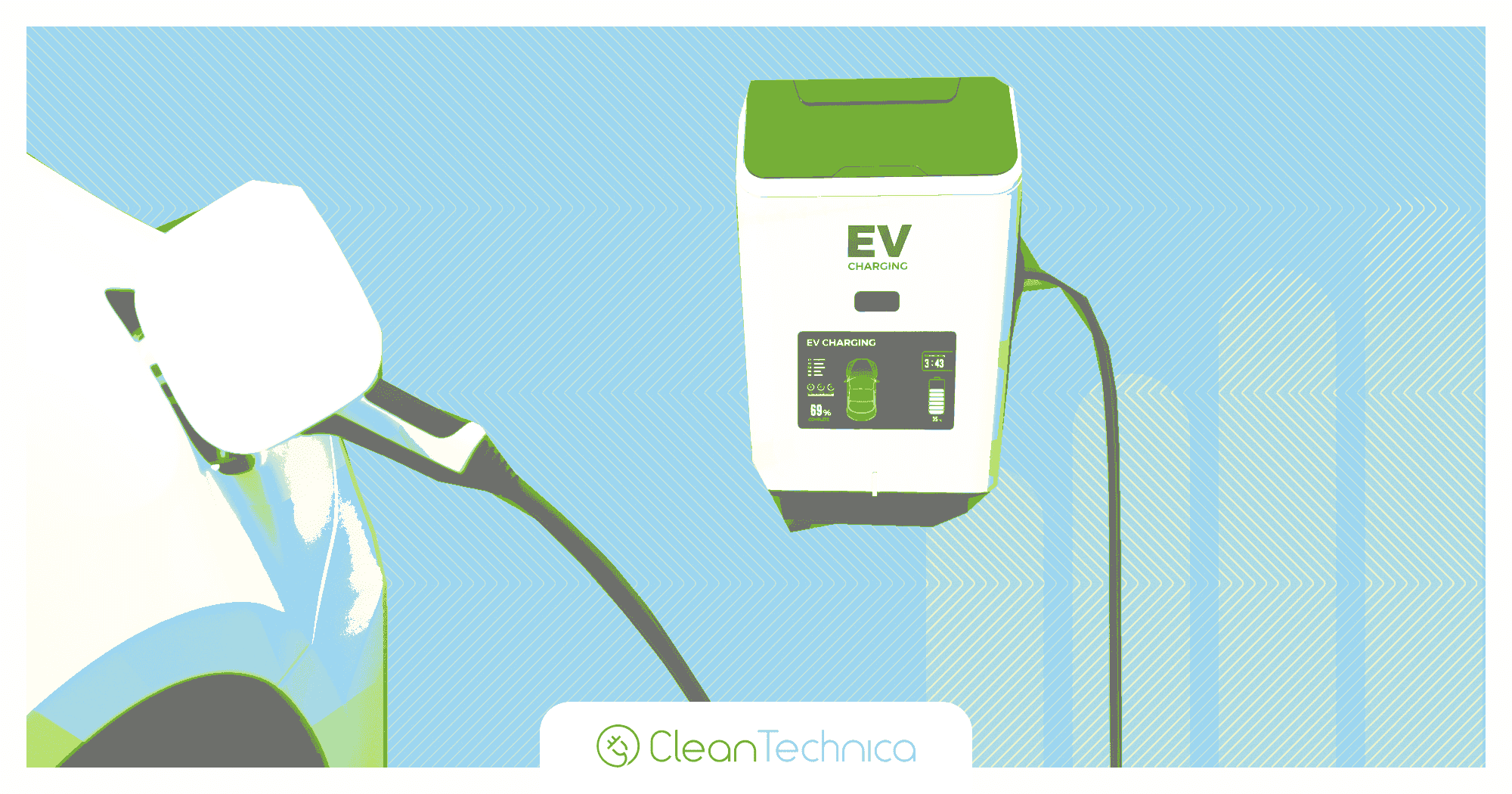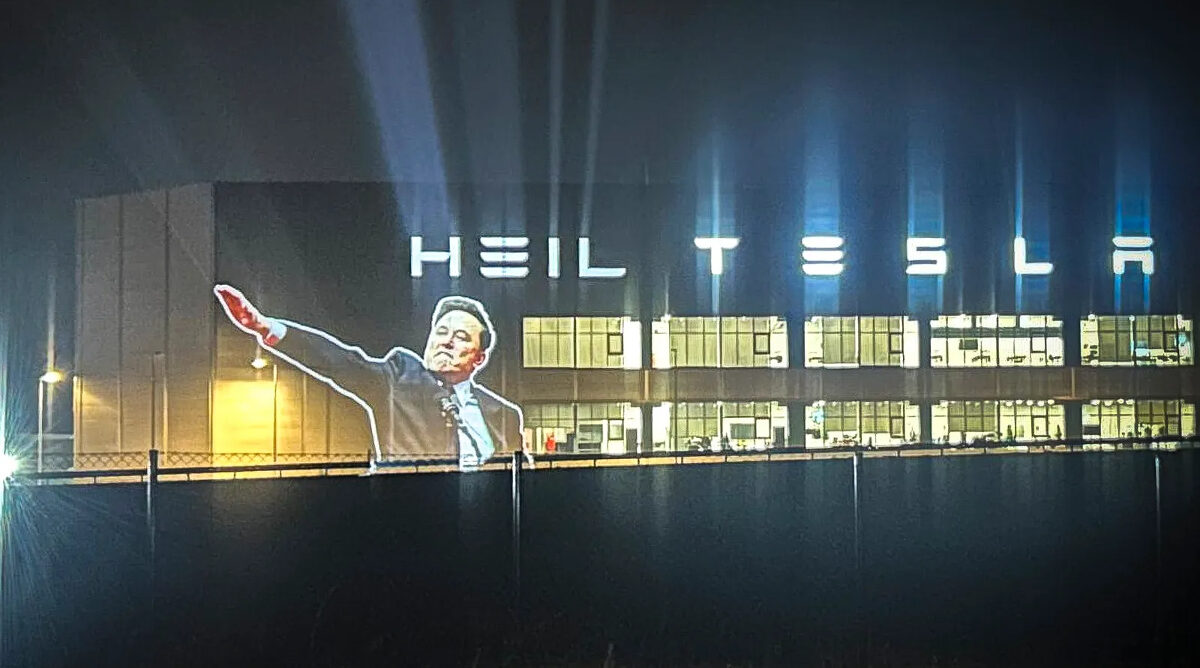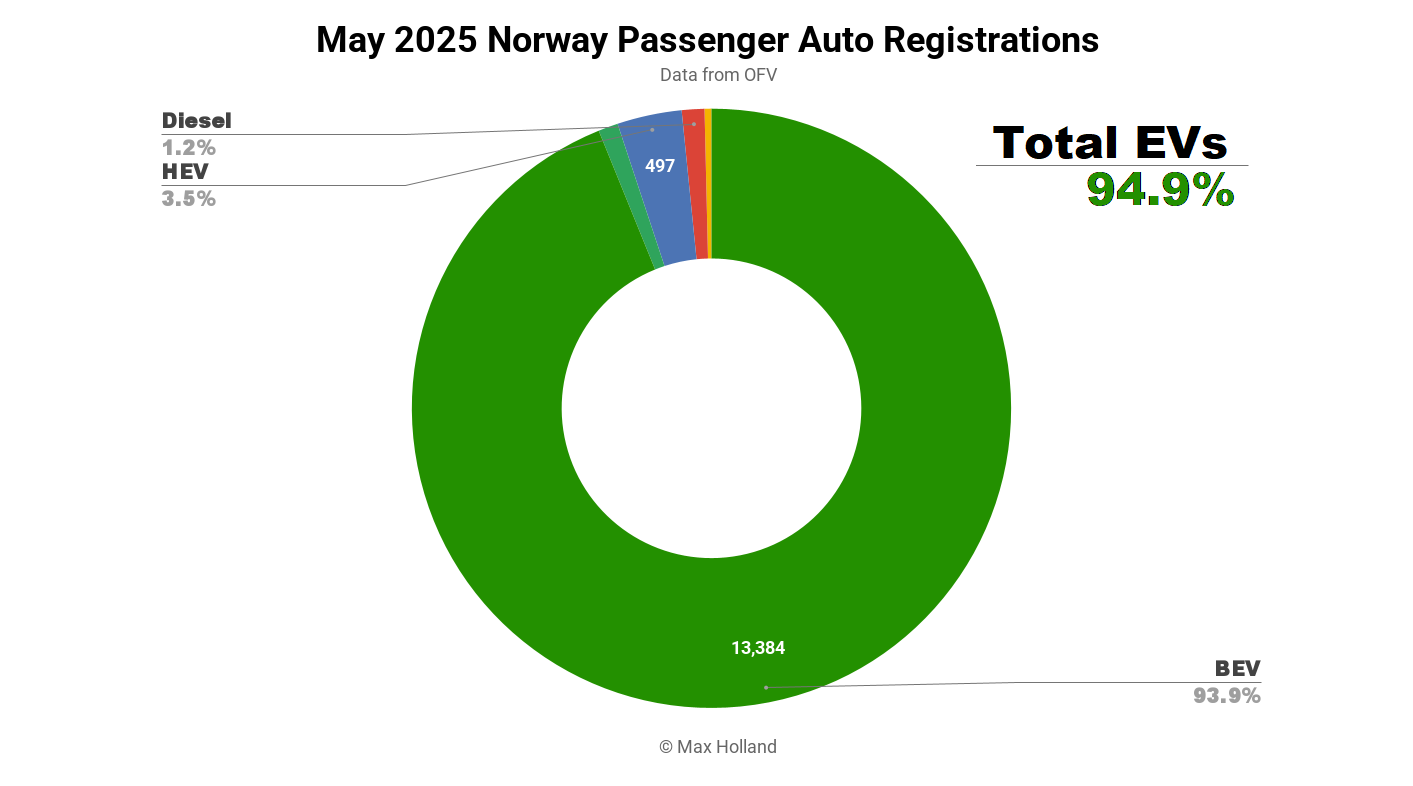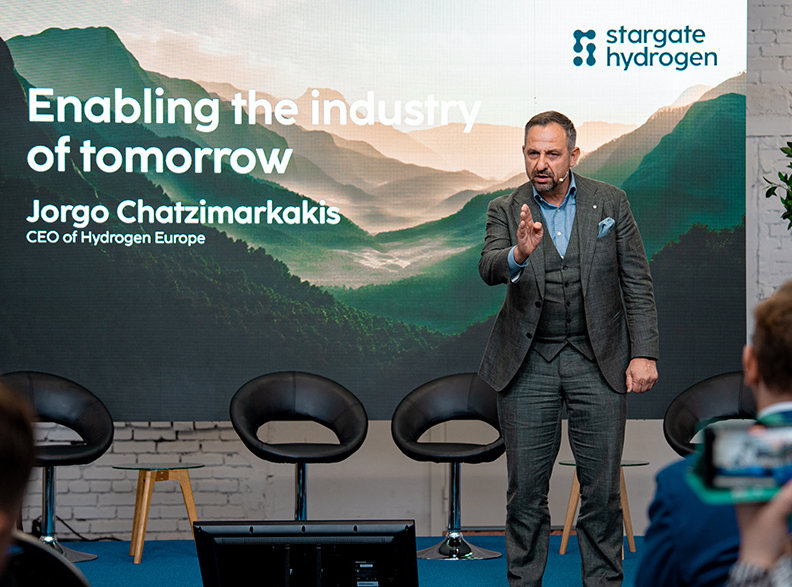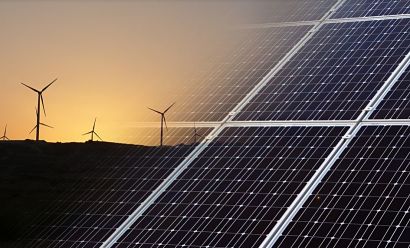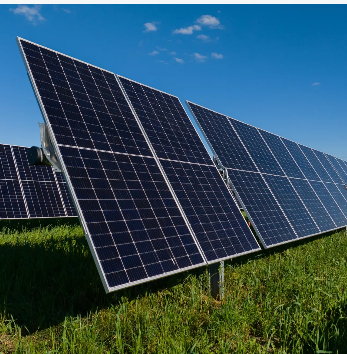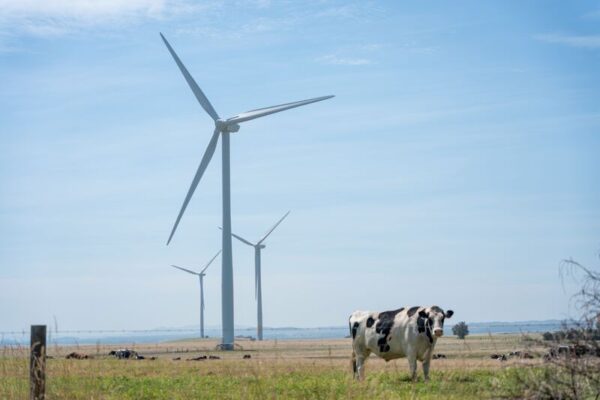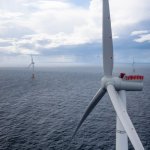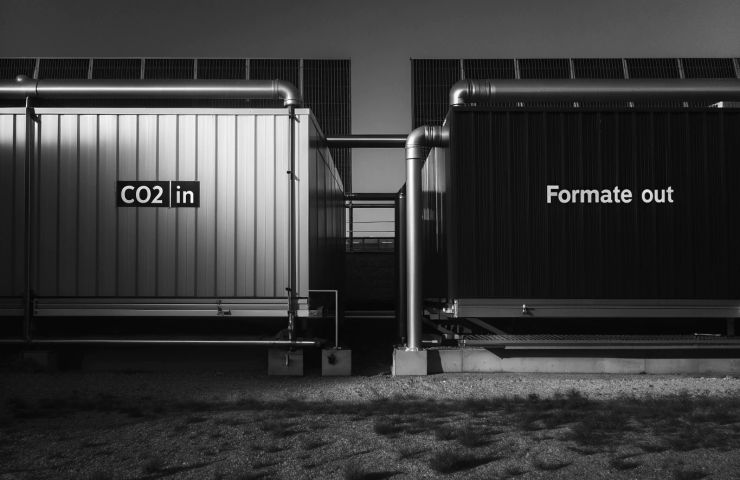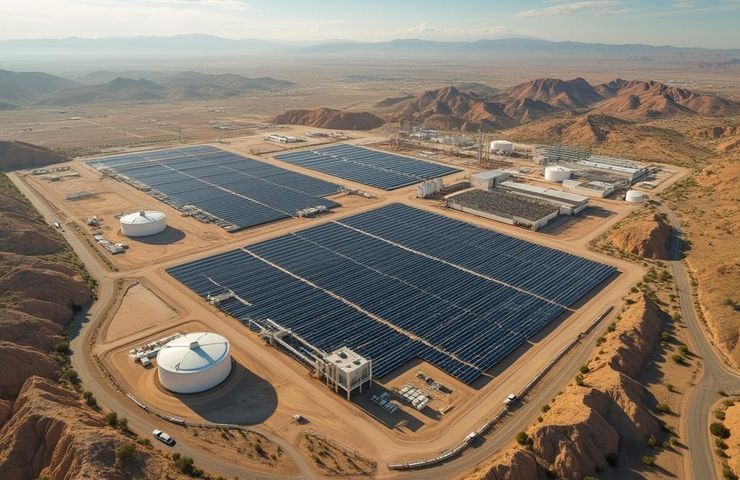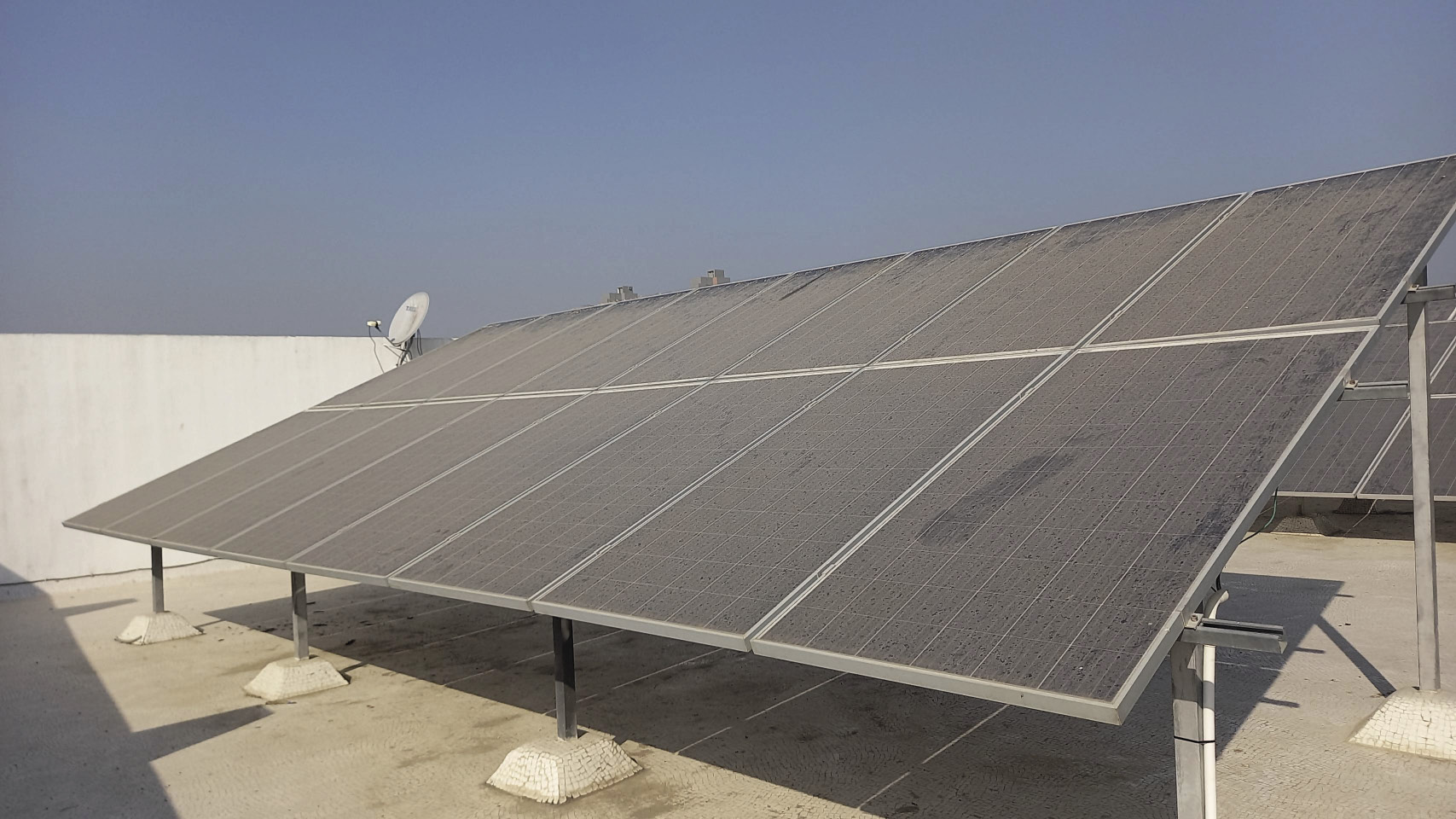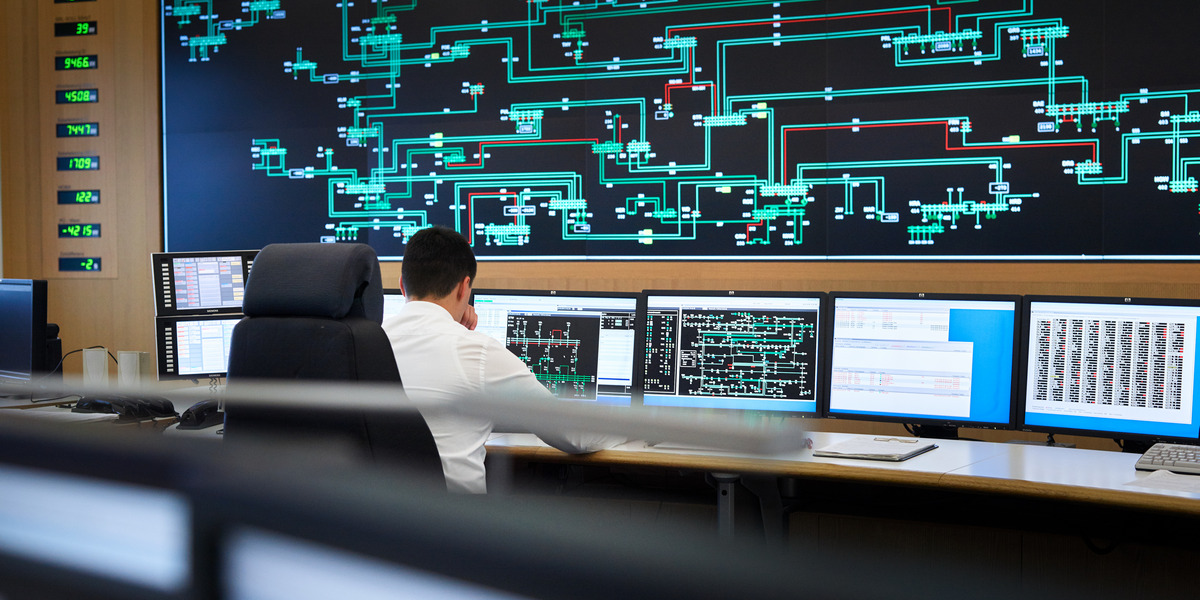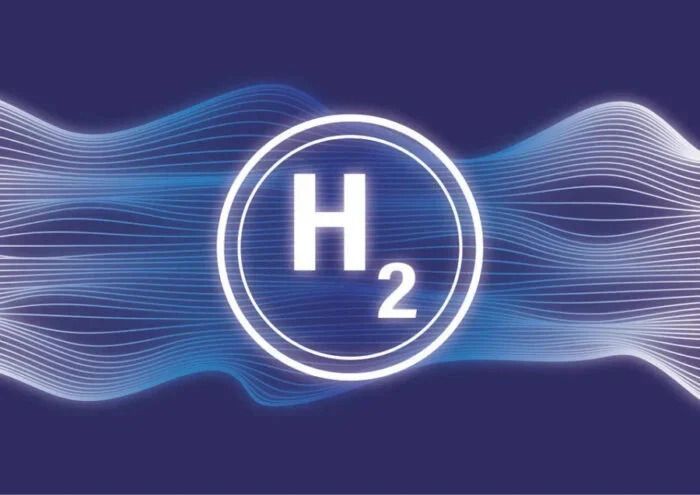Net electricity prices for end customers fall below zero for first time in Germany
As PV and wind power plants caused a significant oversupply on May 11, the electricity price fell to a low of minus €250 per megawatt-hour. Charging PV storage systems or electric cars during these hours thus generated income for customers with dynamic electricity tariffs between 12 pm and 3 pm.

As PV and wind power plants caused a significant oversupply on May 11, the electricity price fell to a low of minus €250 per megawatt-hour. Charging PV storage systems or electric cars during these hours thus generated income for customers with dynamic electricity tariffs between 12 pm and 3 pm.
From pv magazine Germany
On Sunday, May 11, electricity prices for customers with dynamic tariffs in Germany fell into net negative territory for the first time this year after deduction of duties and taxes, which amounted to around 18 cents per kilowatt-hour in Germany.
Net end-user prices at electricity provider Tibber reached their lowest level between 1 pm and 2 pm, at minus 8.6 cents per kilowatt-hour in the Cologne region. Depending on the level of grid fees, the net end-user price fluctuates throughout Germany, ranging from 4.9 to 11.6 cents per kilowatt-hour depending on the region. Accordingly, Tibber also recorded net end-user prices of around minus 12 cents per kilowatt-hour in areas with low grid fees.
The so-called light breeze – the equivalent of the dark doldrums – during which photovoltaic systems and wind turbines operate at full speed simultaneously, led to extremely low prices on the electricity exchange during the day on Sunday. In addition, electricity demand is generally lower on weekends than during the week. According to Energy Charts, exchange electricity prices fell into negative territory from 9 am on Sunday and remained there until 5 pm. The lowest level was reached between 1 pm and 2 pm at minus €250.32 per megawatt-hour (or minus 25.03 cents per kilowatt-hour). However, even in the price hour before and after, the exchange electricity price was still so low that end customers with dynamic electricity tariffs received a net payment when they consumed electricity, such as when charging their photovoltaic home storage system or electric car.
However, Sunday also showed how quickly things can change in the other direction. Prices on Tibber's dynamic tariff were 36 cents per kilowatt-hour between 8 pm and 9 pm, the highest level of the day.
Regarding the net negative prices between 12 pm and 3 pm, Tibber Deutschland managing director Merlin Lauenburg commented: “It looks like this summer will once again break all records for negative electricity prices.” The new federal government must therefore finally push ahead with the smart meter rollout so that the general public can finally benefit financially from the energy transition, he added.
Last year, prices on the electricity exchange were negative for 457 hours, an increase of 50% compared to 2023. It is expected that there will be many negative price hours again this year, as the necessary flexibility in the electricity market is currently lacking.
What's Your Reaction?












